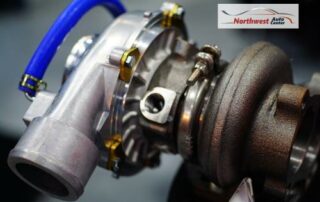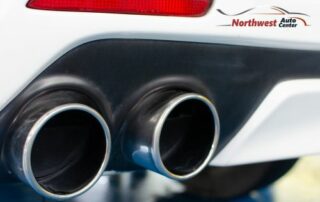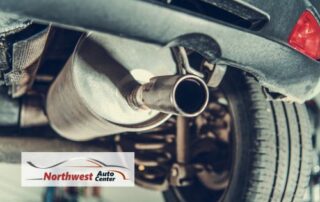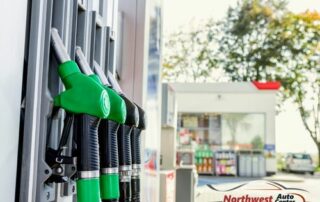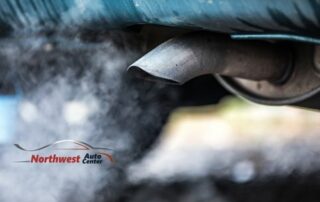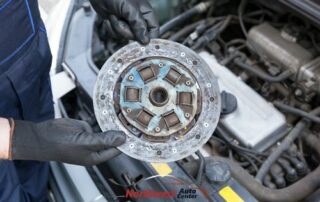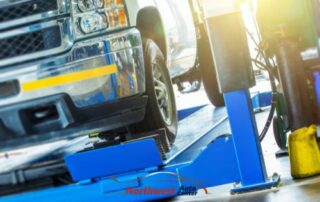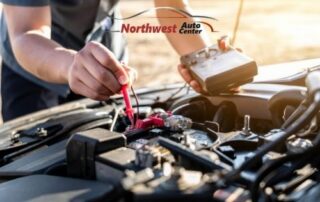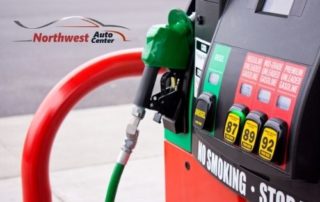Turbochargers vs. Superchargers: Enhancing Engine Performance
When it comes to boosting engine performance, car enthusiasts often debate between turbochargers and superchargers. These forced induction systems can significantly increase an engine's horsepower and efficiency. Still, they operate differently and offer distinct advantages and disadvantages. Understanding the ins and outs can help you decide which engine system is the best fit. Understanding Turbocharged Engines Turbochargers use exhaust gases to spin a turbine, compressing the air entering the engine. This compressed air allows the engine to burn more fuel, increasing power output. The main components of a turbocharger include the turbine, compressor, intercooler, and wastegate. How Turbochargers Work Turbocharged engines feature several components that work together to enhance engine power and performance. Those pieces of the puzzle include: Exhaust Gas: Exhaust gases from the engine pass through the turbine housing, causing the turbine wheel to spin. Turbine and Compressor: The spinning turbine is connected to a shaft that spins the compressor wheel. As the compressor wheel spins, it draws in and compresses ambient air. Intercooler: An intercooler cools [...]

